This post was originally published in January 2022, and has been updated several times since. The fact that I'm back at working on this site after the months I just had, if anything, confirms that I deal with SAD each winter. But hopefully, if it does do anything, it really helps you. And if you're really struggling and aren't sure how to get that across to a loved one, this post from NaughtyLittleMastCells is a wonderful resource to share with them.
Yesterday I woke up already having a horrible day— a fog of deep depression and distraction, anxiety pelting me at every turn. It came after a couple of emotionally heavy weeks in a row, during which I'd been slowly pushing my limits, and at some point last week, I just broke for awhile.
Everything felt overwhelming, and at this point last year I knew I'd pushed myself over the edge by bingeing on chocolate, but this time I had no idea how I got here. My histamine issues have been mostly at bay for roughly 6 or 7 months now, yet I'm still struggling with so many of the same mental symptoms, in addition to chronic pain.
When I'm in this place, I've learned that I need to remove potential triggers as thoroughly as possible, and replace them with a calming environment. I've been in this overstimulated headspace so many times over the last six years that I've even developed a routine.
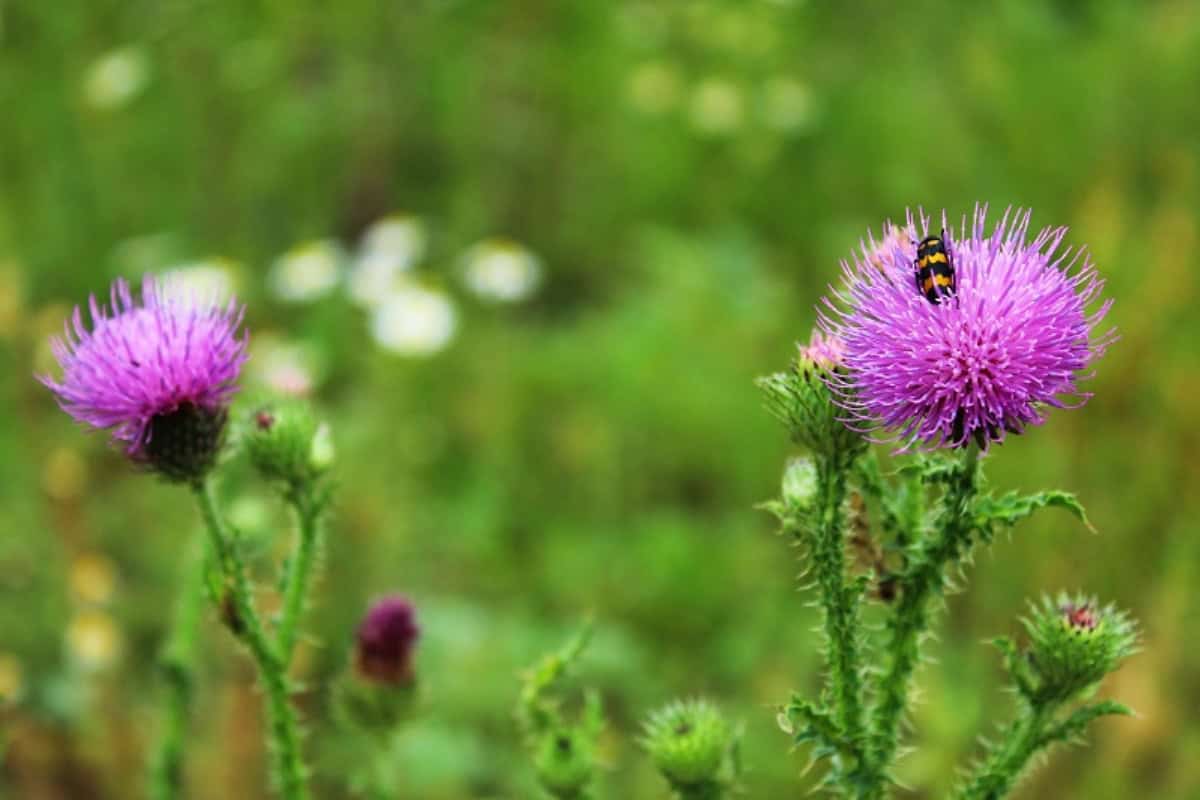
Jump to:
While I've chosen to work with my doctor to find a combination of neural rewiring and anti-inflammatories to calm my system over time, not everybody is in that place right now.
Sometimes you only have an hour to yourself to re-center before the kids get come from school or your spouse needs your help with something. So take the time you do have and carve out a portion of it for self-care, which basically means focusing on your own well-being and relieving some of that chronic stress.
While right now my histamine issues come & go with stressful times, as long as I stay on a low-histamine diet, I have much more control over all my symptoms than anything else I've done. This allows me to do two things, broad in scope & possibilities: process and heal.
The processing portion of this refers to the mental side of things for the most part, while the healing side is both mental and physical. It's important that you mix the ways you mentally process & deal with your illness with those that allow you to heal from and prevent flare-ups.
These ideas won't work for everyone, but these are the things I've been doing for myself to heal from flare-ups, big and small. If one of your symptoms is this horrible up & down anxiety, as I get, it can be very guilt-inducing to take time out of a busy schedule to care for yourself.
There's so much to do!! But you can't function without YOU. Even if it means prepping one fewer ingredient or eating freezer food or finishing one less task today, take the time to heal.
You are important. You must believe that, above all.
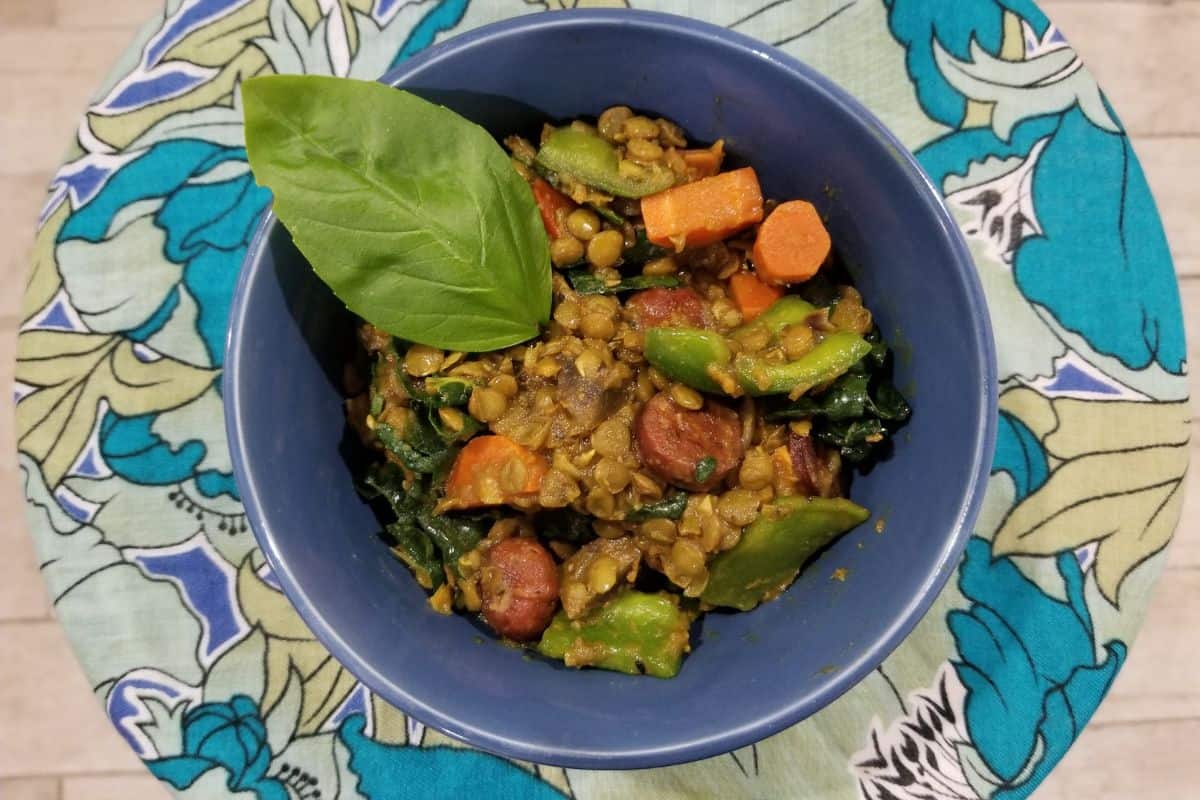
🤔 What Does Anxiety Feel Like?
Also known as "How To Explain Anxiety." I've been having a lot of it over the last four to five years, and I've tried so many times to explain it to the people who love me and just want to help. But it's so hard to talk about something when you're in it, when you're mid "flare-up," if you will.
However, at the moment I'm experiencing anxiety after an evening of intense introspection, so I'm in the midst of a self-awareness high. It's like my brain has separated each aspect of my experience in the world into its own separate space, and I'm trying to observe each while I'm lucid.
I'd compare the emotion to a general feeling like something really incredibly bad is happening to someone you love, and you can't save them. In fact, if you focus in on the feeling, you're actually the one who made that bad thing happen, so that horridness you can't seem to put your finger on? It's your fault. It's this dizzying combination of helplessness and guilt, though there are many shades therein.
But anxiety isn't always as big or as dramatic as on TV.
I'm not sure of the inner mechanics behind my anxiety, but I know that the emotion driving the knot in my chest is a sense of loneliness and empathy misplaced as guilt. It could be over everything and anything on my mind that week, too.
Broke up with your boyfriend? You're inherently flawed. In love? He's gonna leave you (or become a totally different person in 20 years). That street performer you didn't give money to? He's going home to an empty cupboard. The little girl crying on the corner? Nobody helped her, so she slept there that night.
Okay, well, I never said my psyche wasn't as dramatic as TV.
And these thoughts are flying into your mind at the speed of light all. the. time. You feel so attacked on all sides that some days it's all you can do to not throw everything against the wall or cry constantly.
I know my personal anxieties are different from anyone else's, but I'm doing my best to pull them apart so that I'm not so ruled by them, anymore, and it's a technique I'd highly recommend.
I've also looked into a few different neural rewiring programs, heavy on breathwork and retraining the anxiety response, but it took me two years of intense every-day anxiety before I even looked at reviews for such programs; everybody needs to go at their own pace.
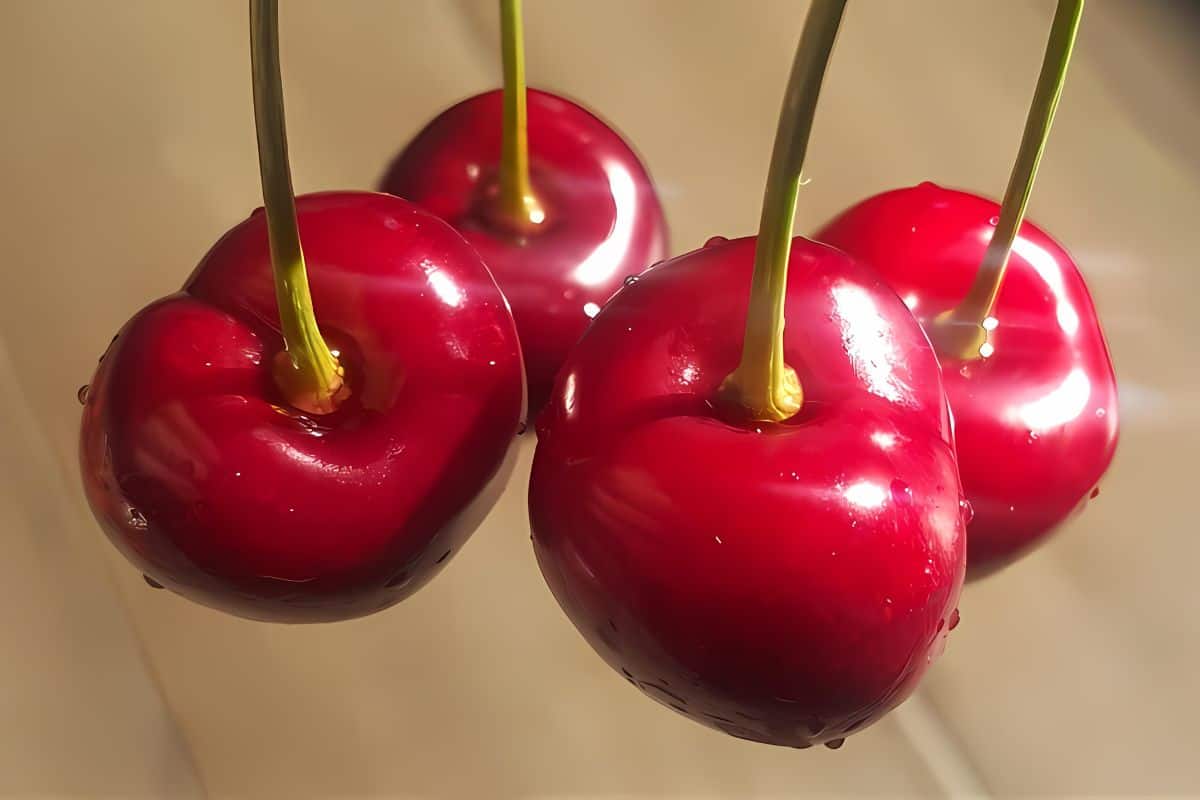
🤒 Processing Your Chronic Illness
Allow yourself to grieve. Everybody has a different way of grieving, but it's an important part of dealing with your diagnosis, no matter how long-term its scope is.
Write in a journal, not just about what you've eaten or what your symptoms are, but about what you've been doing lately to enjoy yourself and what other things give you happiness.
Take that as a place to grieve, to mourn the loss of normalcy (beyond the pandemic). This doesn't have to be a flare-up-only thing, or a daily or weekly thing. But writing can be a fully immersive activity, and give you space to process your illness and its effects, as well as give your body time to heal on its own, without the aggressors of food and environment.
This website is my journal, actually, and often I'm working on posts (some private and some made public, like the recipes) while I listen to some calming jazz, blues, or folk music.
Exercise at your own pace. Try some very light yoga with a minute of meditation at the end (if you can concentrate). Dance around to your old favorite song for 5 minutes. I do a simple stretching routine for my back, because while I can't exercise to the extent that I used to, I also don't want to affect my physical fitness while working towards better health.
Take a warm shower with calming essential oils (that don't irritate your senses). Try an epsom salt bath (test it with a 5-minute hand soak, then a 10-minute foot bath before going all-in on a regular bath with 1 cup of salts). Do something that puts you near warm water where you can focus on yourself and think more clearly.
Color or draw a picture, like you did when you were a kid. Play. Practice a completely new, fully mind-occupying activity that allows you to clear our mind and center yourself, corny as it may come off, if you're mid-flare up. Write a quick letter or a postcard.
Nostalgia for times when you were, quite frankly, happier, is a tool you can use to put yourself in a more positive mindset, and looking at old pictures can help this.
If you're usually into watching television, maybe try some 1080p driving videos; you can watch an assortment of road trips all across the globe. If you get car sick, both the Insight Timer app and the Calm app have lots of free calming soundscapes you can meditate or fall asleep to.
Limited Sensory Play. This is a more unusual approach, actually similar to what toddlers and infants do, but the idea is that you expose yourself to only one sense at a time.
For example, sitting in a dark, quiet room with no strong smells, actively feeling the textures in the world around you, down to the clothes you're wearing and the feeling of fabric on your fingernails. Or even sitting in that same dark, quiet room with cotton pajamas on, carefully opening & closing different bottles of essential oil.
The idea is to distract your mind from the anxiety and refocus it on more productive, or even just less destructive behaviors. I've read about this as a unique type of meditation, and as someone who deals with a racing mind most every day, I found this to be a good introduction to meditation without the frustration.

💆 Healing Your Mind & Body
You absolutely must find the root cause of your histamine intolerance. If you don't immediately know or find out, first start by changing your diet and then go down the list of root causes of histamine intolerance, starting with the most common: mold exposure. But while you're on your direct healing journey, you can also treat any lingering symptoms by supporting your body:
- Cook! It can be meditative to chop veggies, but it's also a beautiful thing to take control over what goes into your body. Try to buy organic whenever possible, but food and mindset are truly your biggest tools when healing with a chronic illness.
- Add healing supplements into your diet, alongside whole foods that you know you tolerate well. Unfortunately, tolerance is so individual that this will be a process for you to undergo by yourself, but you'll feel the effects quite quickly. As for supplements, natural anti-inflammatories like turmeric, quercetin, and vitamin C can make a huge difference when added to your meal. Also consider liver-supporting supplements, like milk thistle and N-Acetyl-Cysteine, to speed up your body's detox. Please don't add in more than one supplement at a time, and always talk to your doctor first!
- Try some "alternative" healing options, such as a castor oil pack, an epsom salt bath, or even just a good cry. It's been proven that stress-related hormones are released in your tears, having a cathartic effect on a cellular level.
- Invest in yourself. If you're like me, and used to basically reward yourself with food and nothing else, it's time to expand our horizons. I still have to stop myself from shopping for chocolate when I'm sad, but I have managed to find ways to enjoy treating myself to food. For example, I've got my daily coffee ritual down, and I've been working on a dessert recipe my body can tolerate. I have 4 or 5 quick meals I like to make & eat, and every week or two, I experiment with a new low-histamine ingredient I order online. Last week I even made coconut milk ice cream! But some other ways to invest in yourself are with self-care items, books, new clothes, lessons for things you've never thought to try, and even just some time off work. Buy your own time back, instead of a cake or a steak.
- Work on your breathing. I have found alternate nostril breathing to be incredibly calming, and I practice it for five minutes each morning and night.
- Jump into a fun new project that physically engages you as much as you're comfortable with. This is partly for your mental health, but also your mental fitness, especially if you get bad brain fog. Whether that means baking cookies or building a new deck or making music, know your limits and work within them. Keep yourself in focus here, and take on a project that's pure enjoyment rather than whatever seems useful. Some other ideas include knitting, reading through a list of classics, and starting a window herb garden. This act of distraction through enjoyment can give your mind a break from worrying about foods you can't eat or your next attack, and releases "happy hormones" which will better equip you for doing all other acts of healing.
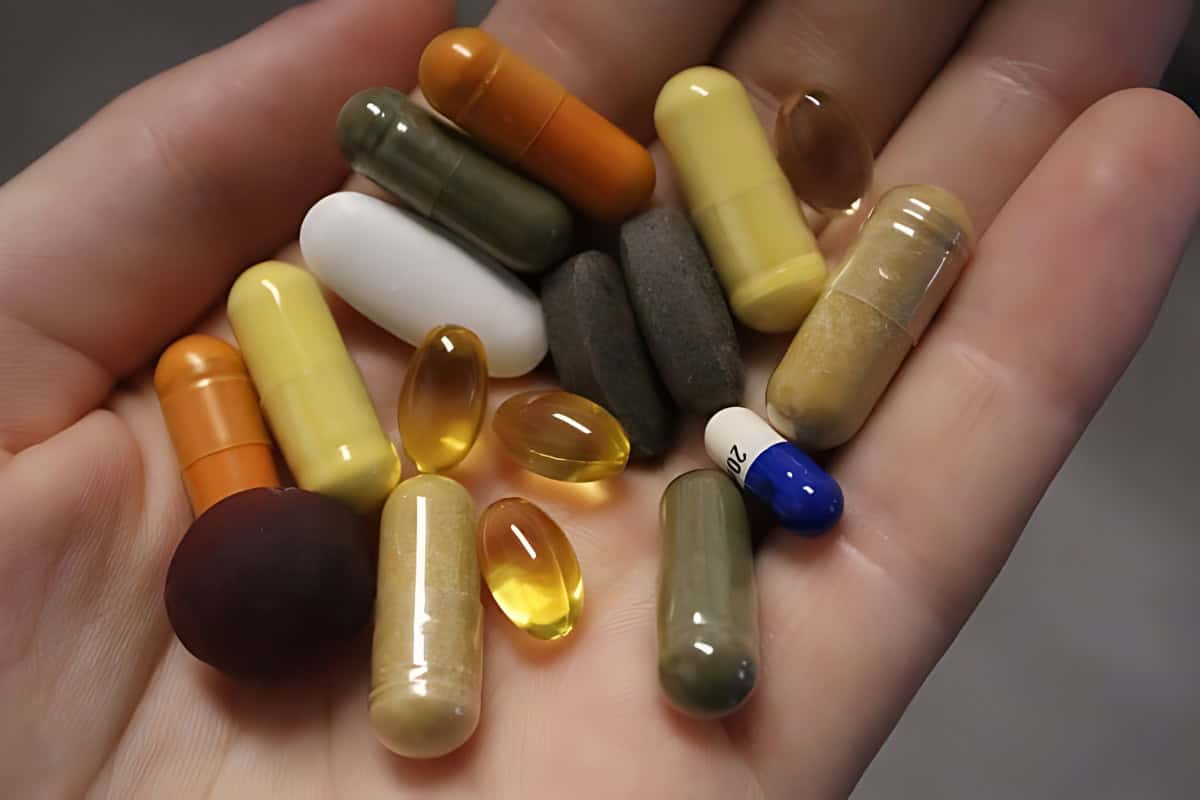
📣 Some Final Words
Other than severe reflux, stomach aches, and some slow-developing acne, all of my symptoms are mental. It truly makes me feel like I'm going crazy some days, and all of this has only developed over the last few years of my life. You are not alone!
Nearly four years ago I tried the low histamine diet as a last-ditch effort to get rid of the reflux and at the time, severe stomach pain, but it also got rid of my insomnia, severe anxiety, and mild depression. (Well, some of those come back intermittently, and the ongoing pandemic has not helped with my depression.)
For me, the mental symptoms slowly pile on over the course of a few days and then weeks, beginning with mild anxiety. That then gets more severe; I start being unable to sleep, and my thoughts get more scattered and my emotions more severe, with my deepest insecurities flashing into my brain at almost all times, like waking nightmares.
It's worst at night, when I'm just trying to sleep and the flashes come harder. It hasn't been like this for me in awhile. During the few months before I hit rock bottom and tried the diet as a last-ditch effort, I had this cloud of inexplicable depression over me, like I was feeling sluggish & uninspired despite being happy with what I was doing.
It was like I couldn't dig myself out of a small hole, and while it didn't get worse over its course, it didn't go away until I cut out high histamine foods/irritants. Today I had just hit the mild/moderate anxiety phase and realized I'd been pushing my limits too hard the last week, so I've been doing some calming activities and ate very clean tonight.
Reactions like these sneak up on you & build up over time, and quite frankly, they really suck. Often they're also actually harder to manage since they're so slow-moving. But I just want you to know that I am so sorry you're going through this. You don't deserve to bear this burden.
I mean, I'm certainly not perfect, and some days I just wanna turn my problems off and get lost in a TV show all evening. That's okay, and sometimes that exactly what I do. But many of us have families to care for, multiple jobs to juggle, and a pandemic to consider.
So for today, just pick one thing from this list and do. Take the time for yourself and your health, and never ever forget that you are 100% worth the effort.
Note that this is a living document, and I'll continue to update it with ideas for processing and healing.
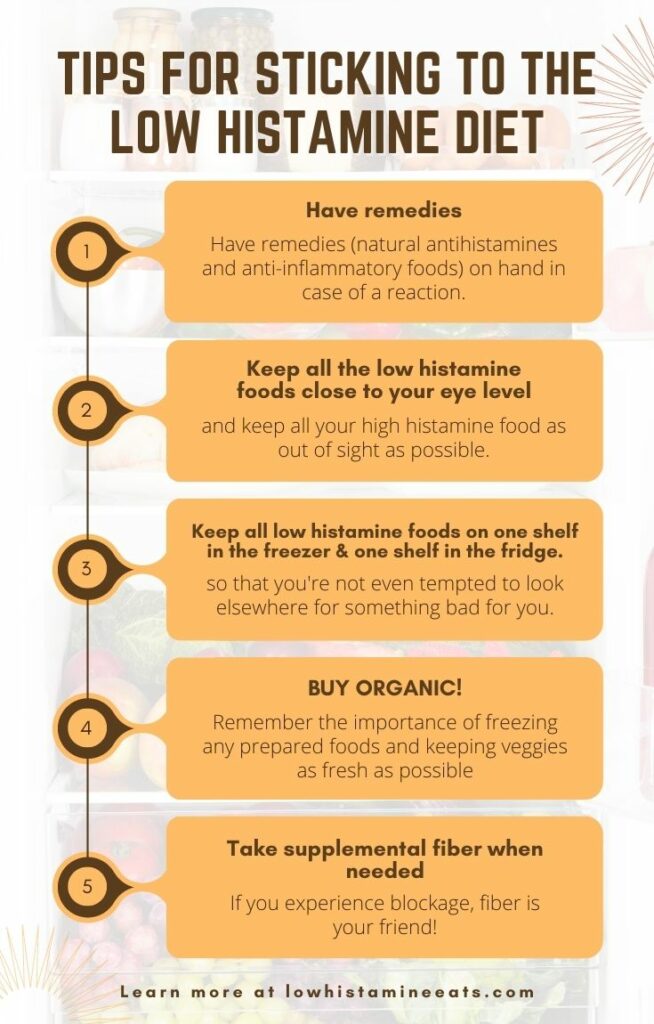

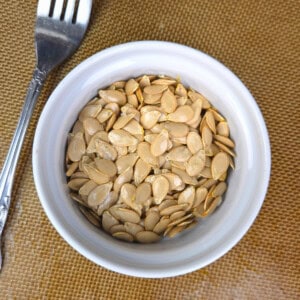
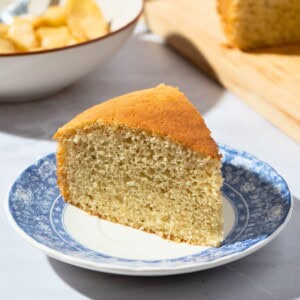

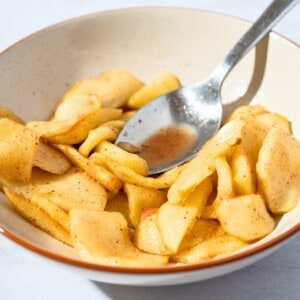
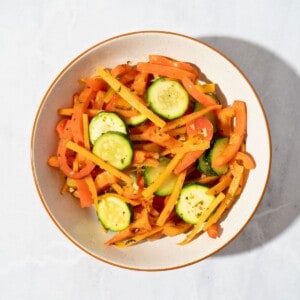

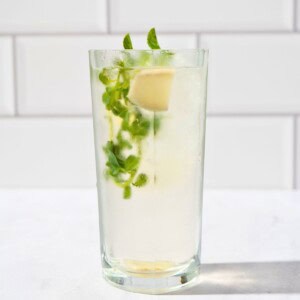
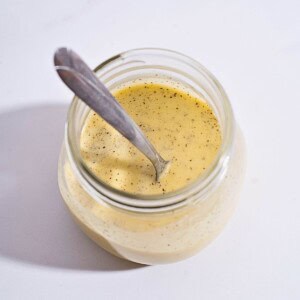
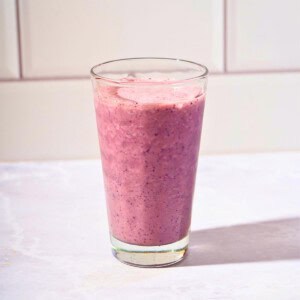
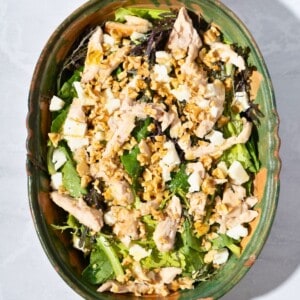
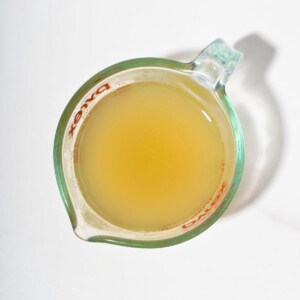
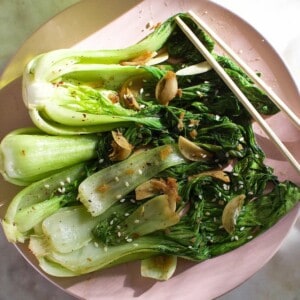
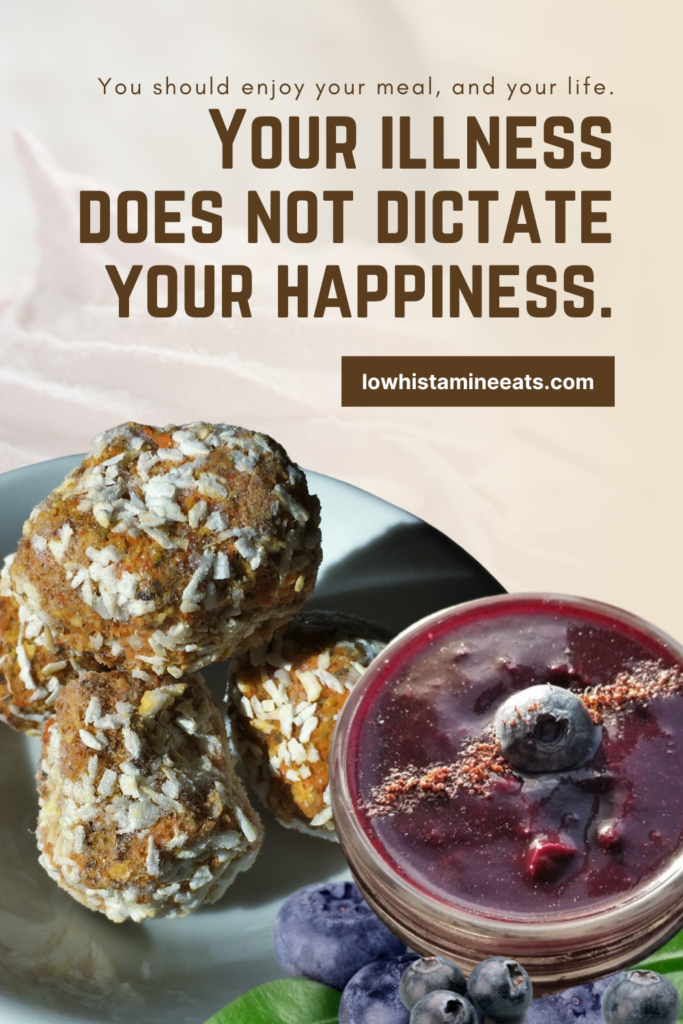
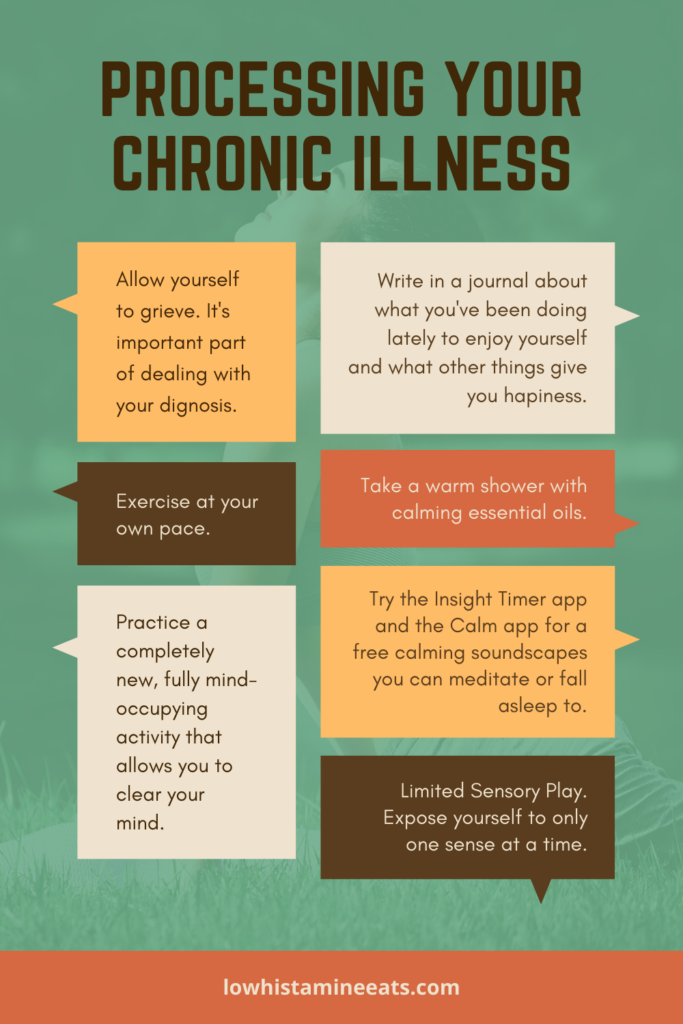
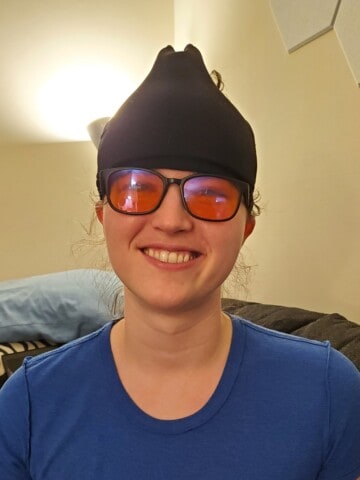
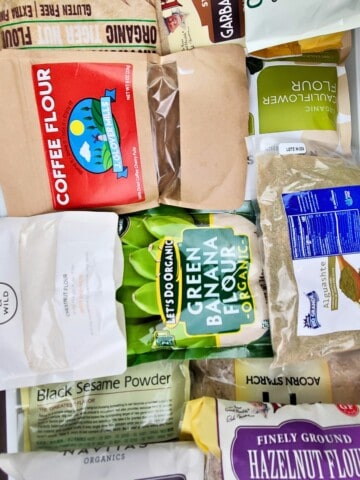
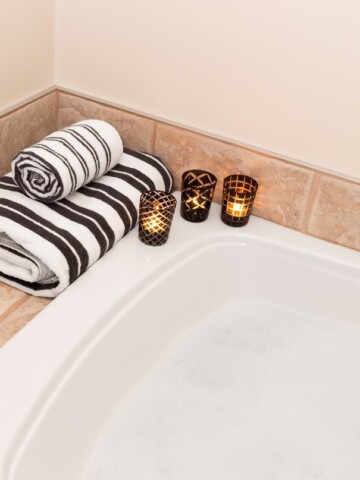
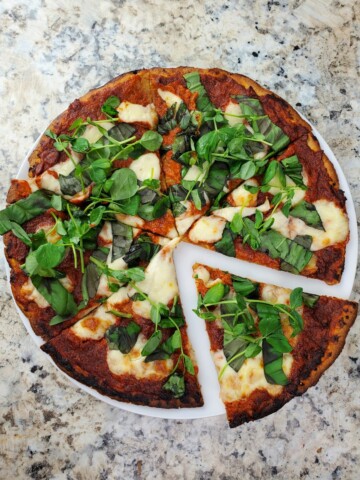
Francisca says
Yep--sounds like my life 😉 In April I took myself off of hrt after 20 years of use and now at 60+++ years I have hot flashes. I am hoping for a decrease in tinnitus and rosacea. I have worked towards having a low histamine diet for the past 3 years, but what foods are safe is constantly being debated. 🙁 The other symptoms that you mentioned I have had since a long ago childhood. Thanks for your articles. Stay safe
lowhistamineeats says
Oh man, yeah, and what's low histamine for me may not be for you. That's why I've been trying to make clear categories for all the recipes, but even then sometimes something comes out of nowhere and triggers your system. I just started getting burning & very puffy red cheeks anytime I put anything on my face except for pure shea butter... it can stay a guessing game for years, it seems.
But I'm sorry you're still guessing after so long, Francisca, and I hope that the hot flashes get less intense with time. My mom had a full hysterectomy in her mid-50's and she said that the suddenness with which everything came on was incredible, and not in a good way. Sending love & good energy your way! <3